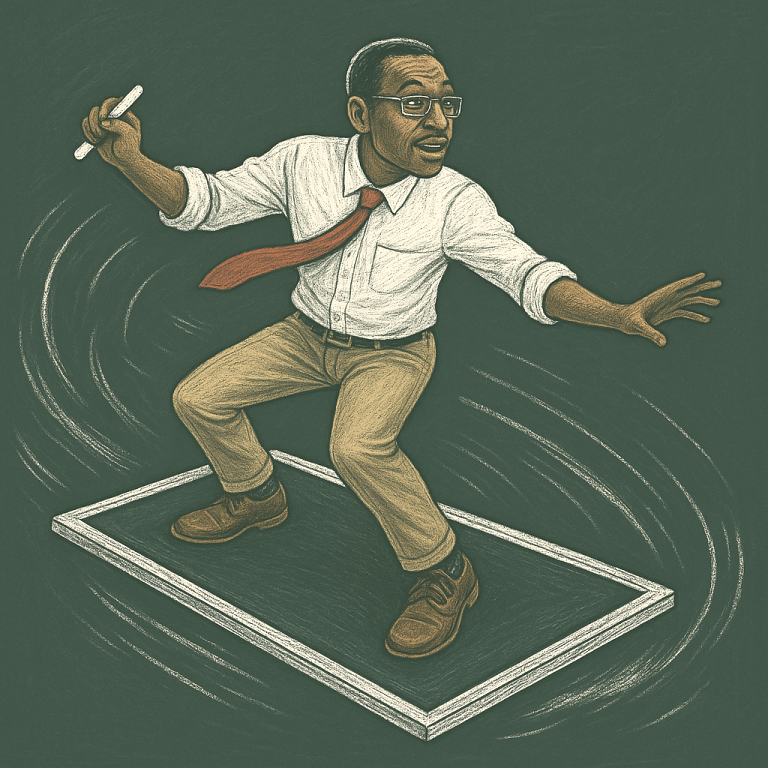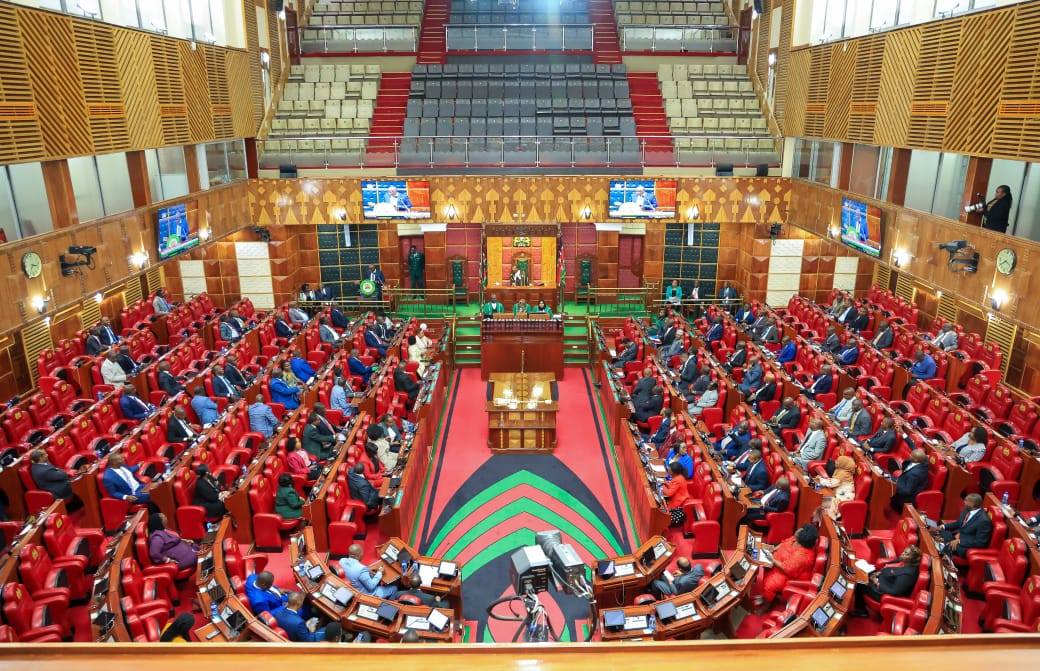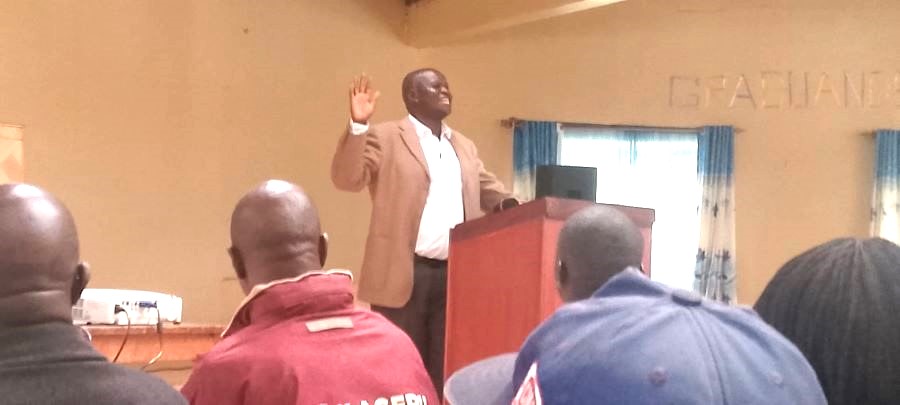In the shifting landscape of Kenyan education, the role of the male teacher has grown increasingly complex. No longer is mastery of content the sole measure of competence. Today, a male educator is not only expected to guide and instruct, but also to manoeuvre within a space fraught with scrutiny, expectation, and sometimes hostility. He must teach under the watchful eyes of society, where every gesture, interaction, and appearance carries the weight of interpretation.
It begins with awareness. Aware that one-on-one moments with learners, no matter how well-intentioned, can be misconstrued. Conversations intended to inspire or support must occur in the open, such as in staff rooms, corridors, or in the presence of other adults. The appearance of special attention can quickly breed misgivings. Kindness, if not evenly distributed, may morph into perceived bias or favouritism. As a result, discretion becomes not only a professional safeguard but a moral compass.
In the digital realm, dangers are magnified. Platforms such as WhatsApp, Instagram, and TikTok have blurred the lines between personal and professional spaces. A harmless emoji, a casually worded message, or a late-night reply can spiral into accusations of impropriety. The male teacher must resist the lure of casual digital interactions with students and cling to institutional channels—where professionalism is preserved, and records are traceable.
The challenge grows when students seek help with personal or emotional matters. Here, the male teacher must walk a tightrope: offer empathy while relinquishing intervention. Once a learner confides, the responsibility shifts. The teacher must refer the matter to trained counsellors and document the disclosure. Interfering—even with noble intent—risks blurring professional boundaries and inviting unintended consequences.
READ ALSO:
Kipsoen Poly, Interior Ministry to equip idle youth in Keiyo North with technical skills
Equally important is the teacher’s conduct and appearance. Dressing modestly, speaking respectfully, and maintaining deliberate routines are more than formalities—they are daily acts of signalling credibility and integrity. The way a teacher walks, talks, or even stands in the school compound can invite interpretations that go far beyond the lesson plan. The school community interprets behaviour with a sharpened lens, and every moment may be judged against an invisible standard of moral uprightness.
Should rumours arise—and they often do—a male teacher must not retreat into silence or shame. He must act quickly: file official reports, involve his union, and create a clear record of events. The goal is not only to protect one’s job but to protect one’s dignity. Being accused is not the same as being guilty, but being passive allows falsehoods to thrive. In such times, transparency becomes the greatest defence.
Ultimately, the male teacher’s calling goes beyond syllabus coverage or exam preparation. It is a delicate dance of wisdom, caution, and self-respect. He teaches, but he must also model restraint, embody reliability, and anticipate suspicion. The world around him does not wait for mistakes—it preempts them. Therefore, his professionalism must shine not only in his lesson notes but in his daily choices. The teacher must live beyond reproach—not for applause, but for the sake of survival.
By Newton Maneno
Teacher, Tana River County
You can also follow our social media pages on Twitter: Education News KE and Facebook: Education News Newspaper for timely updates.
>>> Click here to stay up-to-date with trending regional stories
>>> Click here to read more informed opinions on the country’s education landscape






